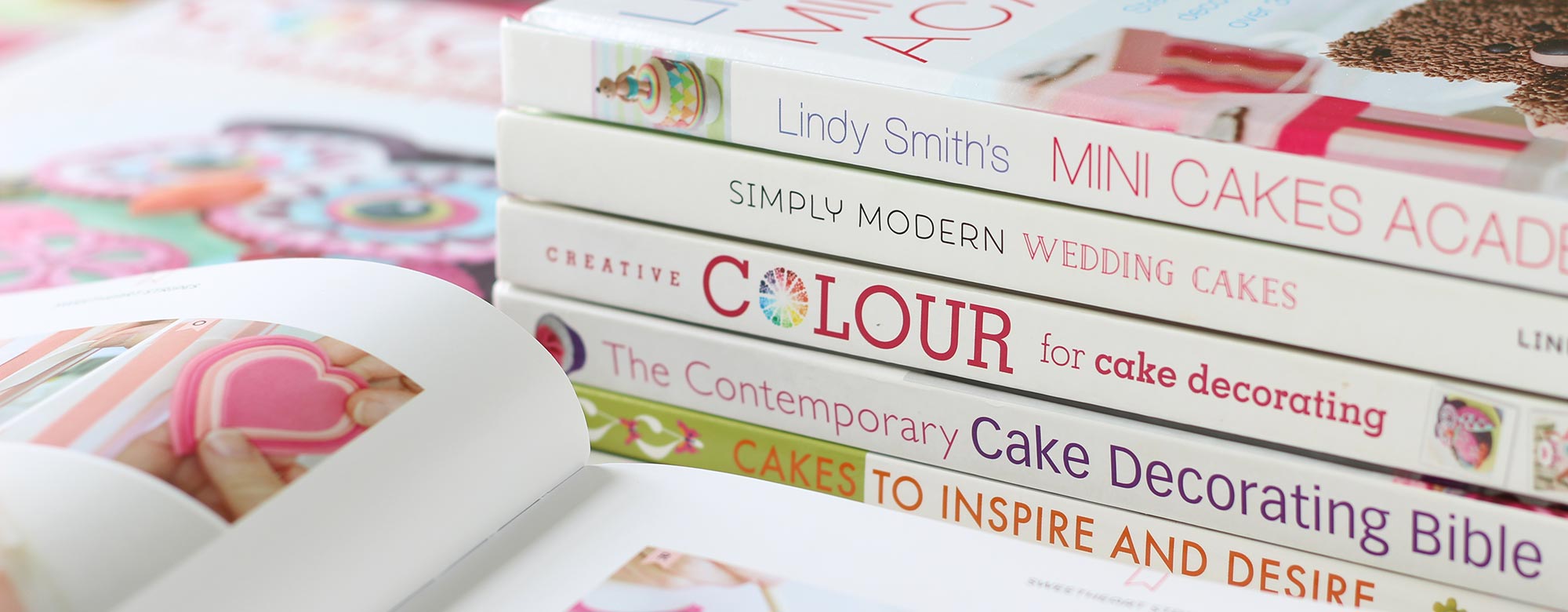Like many, I have a love of learning. The world is a fascinating place and the more we learn, the more we find there is to discover. I became a member of Toastmasters (an international organisation for communication and leadership development), a little while ago, to help me improve and perfect my speaking skills. I knew from years of demonstrating sugarcraft that I enjoy having an audience, but what I didn’t realise was how much fun Toastmasters would be and how much I would learn. Part of being a Toastmaster is to practice giving speeches in front of a mixed and varied audience. This, I find, makes me think outside the box and allows me to explore all sorts of topics. The following speech was one such topic:
Speech: ‘New crayons in the crayon box’
Can you think of a technology that’s hundreds of thousands of years old, one that separates us from the apes and one that you have certainly been using today?
The technology I’m talking about is of course language. As a published author, language absolutely fascinates me, however, it is not until I sit down to think and write, that I truly appreciate the hidden power of this ancient technology.
There are many different genres of writers, all who have divergent approaches and goals: to entertain, to tell a story etc. Mine is to create text that eloquently educates and inspires.
I love the fact that writing introduces me to new words. If for example, I am describing how to make a sugar shoe, I can’t point and say this bit here or that ‘thingamejig’ over there. I need the correct terms, I need to know the words not only for insole and tongue, which I guess you are familiar with but words such as heel cap or toplift, vamp, outersole, upper, counter, welt, shank (arch support) etc.
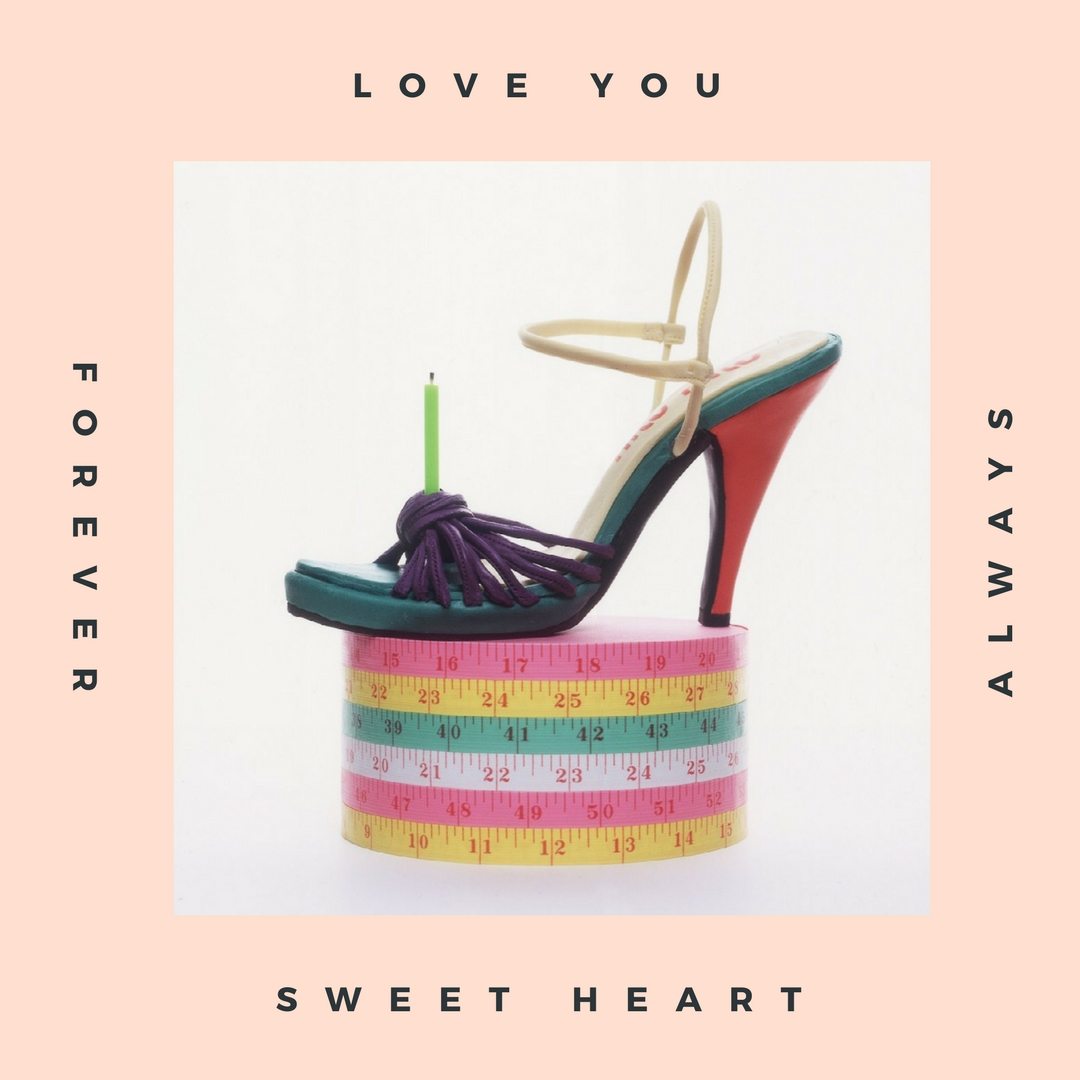
According to Erin Mckean, a San Francisco based innovator and founder of the world’s largest dictionary Wordnic. Half of all the unique words in the English language cannot be found in traditional dictionaries. This is because language naturally evolves over time.
So perhaps we need to ask ourselves…
Are we using all the crayons in the crayon box?
Creating words
Sometimes words are simply created and then popularised, examples recently added to the Oxford English Dictionary include:
Bling – certainly this word has entered the cake world with edible glitter and bling cakes.
Chillax – a word my son loves to use.
Droolworthy – probably self-explanatory, certainly hope some of my cakes fit this description.
Noob – a person who is inexperienced in a particular sphere or activity.
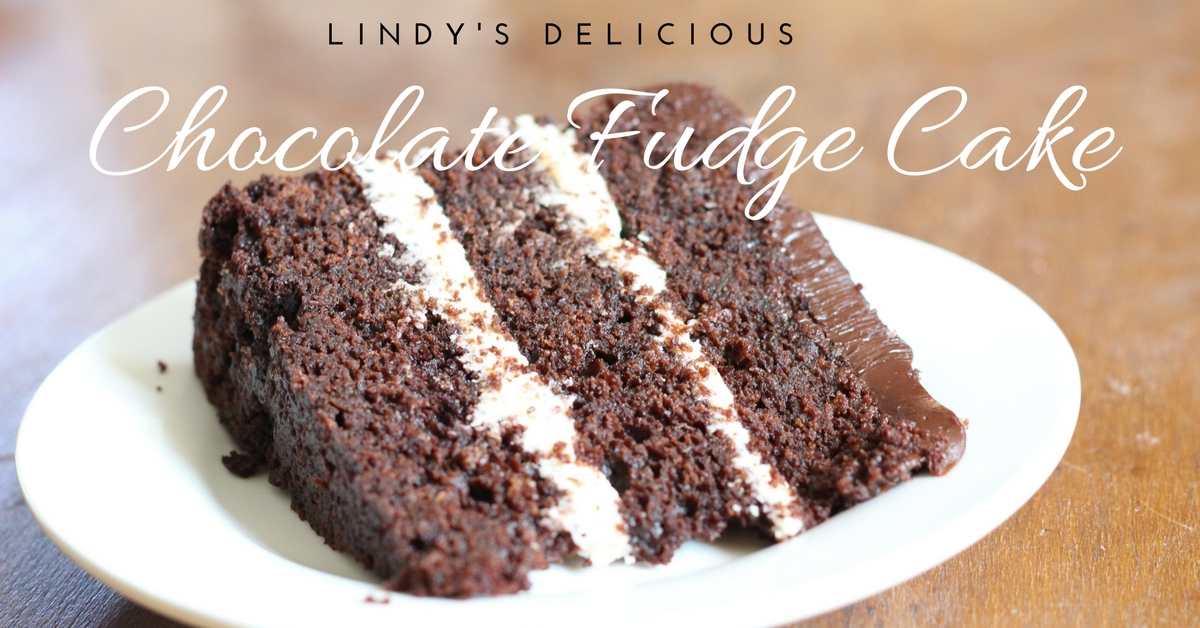
Borrowing words
What sometimes happens, of course, is that we borrow words from each other’s languages. There is an abundance of words in the English language that have their derivations elsewhere, examples include:
- Guru (India)
- Tea (China)
- Vanilla (Spanish),
- Artisan (Italian),
- Cookie (Dutch),
- Coconut (Portuguese)
As a cake decorator, I find it fascinating when I travel to discover which languages have adopted English terms in their sugarcraft vocabulary. Certainly, when I teach in Holland and Germany, I can understand whole sentences that my students say without knowing any Dutch or German. These languages have adopted English words for technical terms in much the same way that many musical terms are in Italian and ballet terms in French.
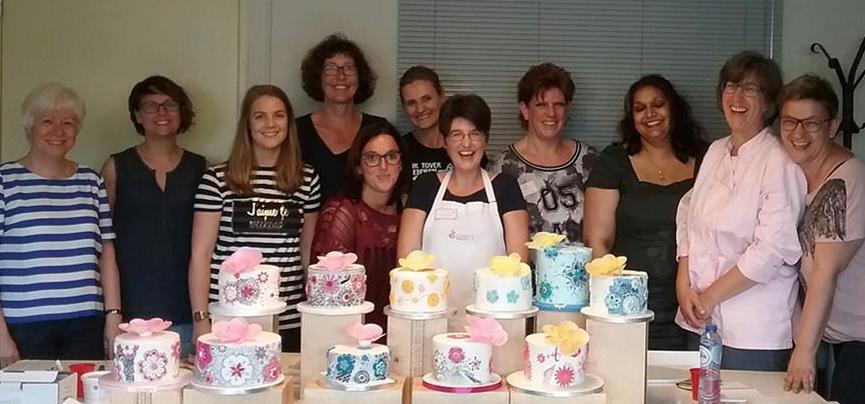
Languages globally
On a global level, there are 7000 or so distinct languages in the world. Having said that, 50% of the worlds speaks one of 10 major languages. This means that 90% of the world is connected through language. I find this really interesting and for me, being able to travel freely and communicate ideas and thoughts around the globe is exciting.
Sometimes I can be having a conversation with a fellow English speaker from say, Aberdeen or perhaps over the pond in the US and suddenly I have absolutely no idea as to what is being said. It’s as if someone has flicked a switch and they are talking a completely incomprehensible language rather than one we share. It’s so fascinating!
Technologies are constantly evolving and language and the way we use it is no exception. There are always new crayons in the crayon box, so I’d like to ask you…
Which crayon will you try out next?
Toastmasters Speech Feedback
All Toastmasters speeches are evaluated and given feedback, here are some of the comments I received after delivering this speech:
“Very enthusiastic, excellent structure, good language, excellent finish. Well Done”
“Enthusiasm for the subject well conveyed. Lots of interesting information. Very impressive.”
” Excellent speech, lovely structure and content, great eye contact and involved everyone. Lots of food for thought”
If I have sparked your interest and you’d like to know more about Toastmasters, I would definitely encourage you to find out if there is a club near you. You’ll be amazed what you discover.
Book me to speak
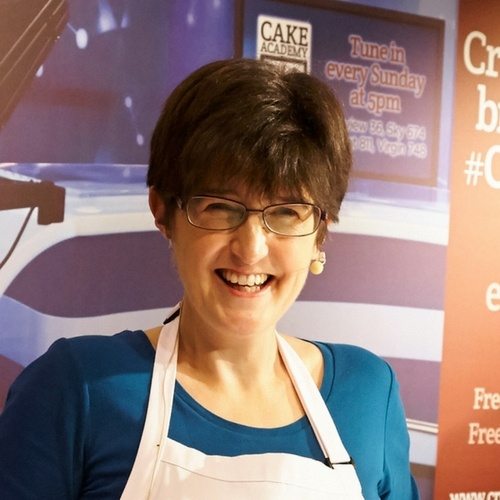
If you’d like to hear more of my speeches, why not book me as a guest speaker for your event, meeting or show. Visit our ‘Book Lindy to demonstrate or speak‘ page or simply get in contact to see what is possible.
Sweet wishes
Lindy Smith
Inspiring, Creating, Sharing
